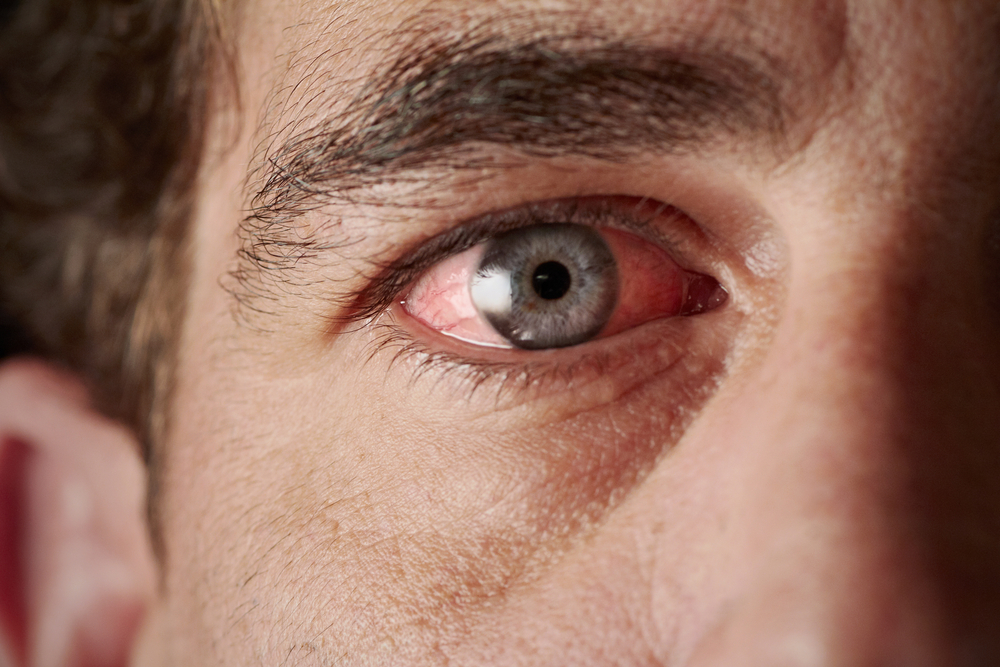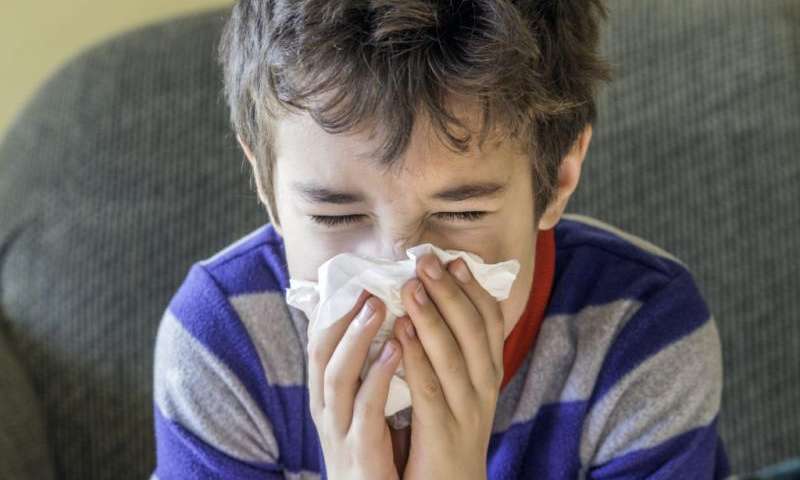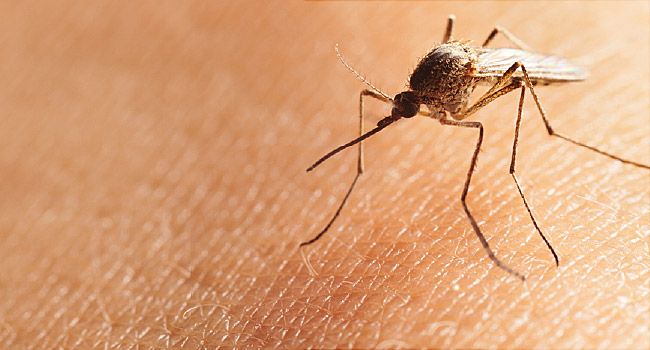What Are Eye Allergies?
An eye allergy, also known as allergic conjunctivitis, is an adverse immune response that occurs when the eye comes into contact with an irritating substance. This substance is known as an allergen. Allergens may include pollen, dust, or smoke.
The immune system normally defends the body against harmful invaders, such as viruses and bacteria, to ward off illnesses. In people with eye allergies, however, the immune system mistakes an allergen for a dangerous substance. This causes the immune system to create chemicals that fight against the allergen, even though it is harmless. The reaction leads to numerous irritating symptoms, such as itchy, red, and watery eyes. In some people, eye allergies may also be related to eczema and asthma.
Over-the-counter medications can usually help relieve eye allergy symptoms, but people with severe allergies may require additional treatment.
What Are the Symptoms of Eye Allergies?
Symptoms of eye allergies may include:
- itchy or burning eyes
- watery eyes
- red or pink eyes
- scaling around the eyes
- swollen or puffy eyelids, especially in the morning
One eye or both eyes may be affected. In some cases, these symptoms might be accompanied by a runny nose, congestion, or sneezing.
What Are the Differences Between Eye Allergies and Pink Eye?
The eyeball is covered by a thin membrane called the conjunctiva. When the conjunctiva becomes irritated or inflamed, conjunctivitis can occur. Conjunctivitis is most commonly known as pink eye. It causes the eyes to become red, watery, and itchy.
Although pink eye and eye allergies cause similar symptoms, they are two distinct conditions. Eye allergies are caused by an adverse immune reaction to certain substances, such as dust or pollen. Pink eye, however, is caused by eye allergies as well as other factors. These include:
- bacterial infections
- viruses
- contact lenses
- chemicals
Pink eye that’s triggered by a bacterial infection or virus usually causes a thick discharge to build up on the eye at night. The condition is also highly contagious. Eye allergies, however, are not.
What Causes Eye Allergies?
Eye allergies are caused by an adverse immune reaction to certain allergens. Most reactions are triggered by allergens in the air, such as:
- pollen
- dander
- mold
- smoke
- dust
Normally, the immune system promotes chemical changes in the body that help fight off harmful invaders, such as viruses and bacteria. However, in people with eye allergies, the immune system mistakenly identifies a harmless allergen as a dangerous intruder and begins to fight against it. A substance called histamine is released when the eyes come into contact with an allergen. Histamine causes many uncomfortable symptoms, such as itchy and watery eyes. It can also cause a runny nose, sneezing, and coughing.
An eye allergy may happen at any time of year. However, it is especially common during the spring, summer, and fall months when trees, grasses, and plants are in bloom. Such reactions can also occur when a sensitive person comes into contact with an allergen and rubs their eyes. Food allergies may also cause eye allergy symptoms.
How Are Eye Allergies Diagnosed?
Eye allergies are best diagnosed by an allergist, or someone who specializes in diagnosing and treating allergies. Seeing an allergist is particularly important if you have other allergy-related symptoms, such as asthma or eczema.
The allergist will first ask you about your medical history and symptoms, including when they started and how long they have persisted. They will then perform a skin prick test to determine the underlying cause of your symptoms. A skin prick test involves pricking the skin and inserting small amounts of suspected allergens to see if there is an adverse reaction. A red, swollen bump will indicate an allergic reaction. This helps the allergist identify which allergens you are most sensitive to, allowing them to determine the best course of treatment.
How Are Eye Allergies Treated?
The best way to treat an eye allergy is to avoid the allergen that is causing it. However, this isn’t always possible, especially if you have seasonal allergies. Luckily, there are numerous different treatments that can relieve eye allergy symptoms.
Medications
Certain oral medications can help alleviate eye allergies, especially when other allergy symptoms are present. These medications include:
- antihistamines, such as loratadine (Claritin) or diphenhydramine (Benadryl)
- decongestants, such as pseudoephedrine (Sudafed) or oxymetazoline (Afrin nasal spray)
- steroids, such as prednisone (Deltasone)
Allergy Shots
Allergy shots may be recommended if symptoms don’t improve with medication. Allergy shots are a form of immunotherapy that involves a series of injections of the allergen. The amount of allergen in the shot steadily increases over time. The allergy shots modify your body’s response to the allergen, which helps reduce the severity of your allergic reactions.
Eyedrops
Many different types of prescription and over-the-counter eyedrops are available to treat eye allergies.
Eyedrops frequently prescribed for eye allergies contain olopatadine hydrochloride, an ingredient that can effectively relieve symptoms associated with an allergic reaction. Such eyedrops are available under the brand names Pataday and Patanol.
Over-the-counter options include lubricating eyedrops, such as “artificial tears,” which can help wash allergens from the eyes. Other eyedrops have antihistamine or nonsteroidal anti-inflammatory (NSAID) medications. Some eyedrops must be used every day, while others can be used as needed to relieve symptoms.
Eyedrops may cause burning or stinging at first. Any unpleasantness usually resolves within a few minutes. Some eyedrops may cause side effects, such as irritation. It’s important to ask your doctor which over-the-counter eyedrops work best before selecting a brand on your own.
Natural Remedies
Several natural remedies have been used to treat eye allergies with varying degrees of success, including allium cepa (made from red onion), euphorbium, and galphimia. Make sure to contact your doctor about the safety and effectiveness of these remedies before you try them.
A cool, moist washcloth may also provide relief for people with eye allergies. You can try placing the washcloth over closed eyes several times a day. This can help alleviate dryness as well as irritation. However, it’s important to note that this method doesn’t directly treat the underlying cause of the allergic reaction.
What Is the Outlook for Someone with Eye Allergies?
If you have allergies and are prone to eye reactions, then you will likely experience eye allergy symptoms whenever you come into contact with suspected allergens. Although there’s no cure for allergies, treatment can help relieve eye allergy symptoms. Medications and eyedrops are effective in most cases. Allergy shots might also be used to help your body build up immunity to certain allergens for long-term relief.
Call your allergist right away if symptoms don’t improve with treatment, or if you start experiencing large amounts of discharge in your eyes. This may indicate another eye condition.





